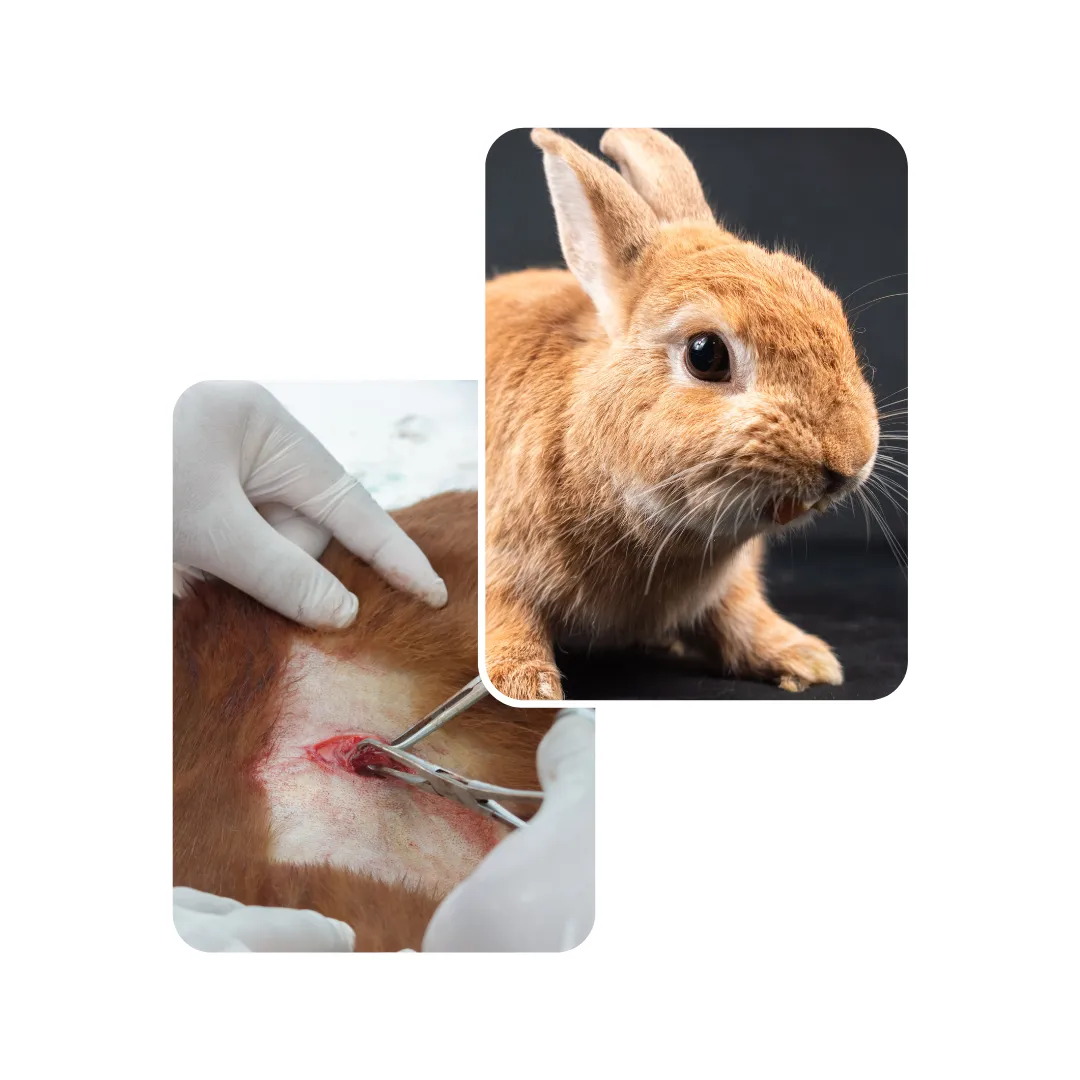

Neutering prevents unwanted litters, reduces aggressive behavior, and significantly lowers the risk of reproductive cancers, especially in females.
Most rabbits are neutered at 4–6 months old, but older rabbits can still benefit from the procedure.
Yes. With modern anesthesia and proper monitoring, neutering is considered a routine and safe procedure.
Spaying is for females (removing ovaries and uterus), while castration is for males (removing testicles).
Yes, usually for the better. Neutered rabbits are calmer, friendlier, and easier to handle.
Your pet deserves expert care – Subscribe now for trusted tips and updates from our pet experts.
